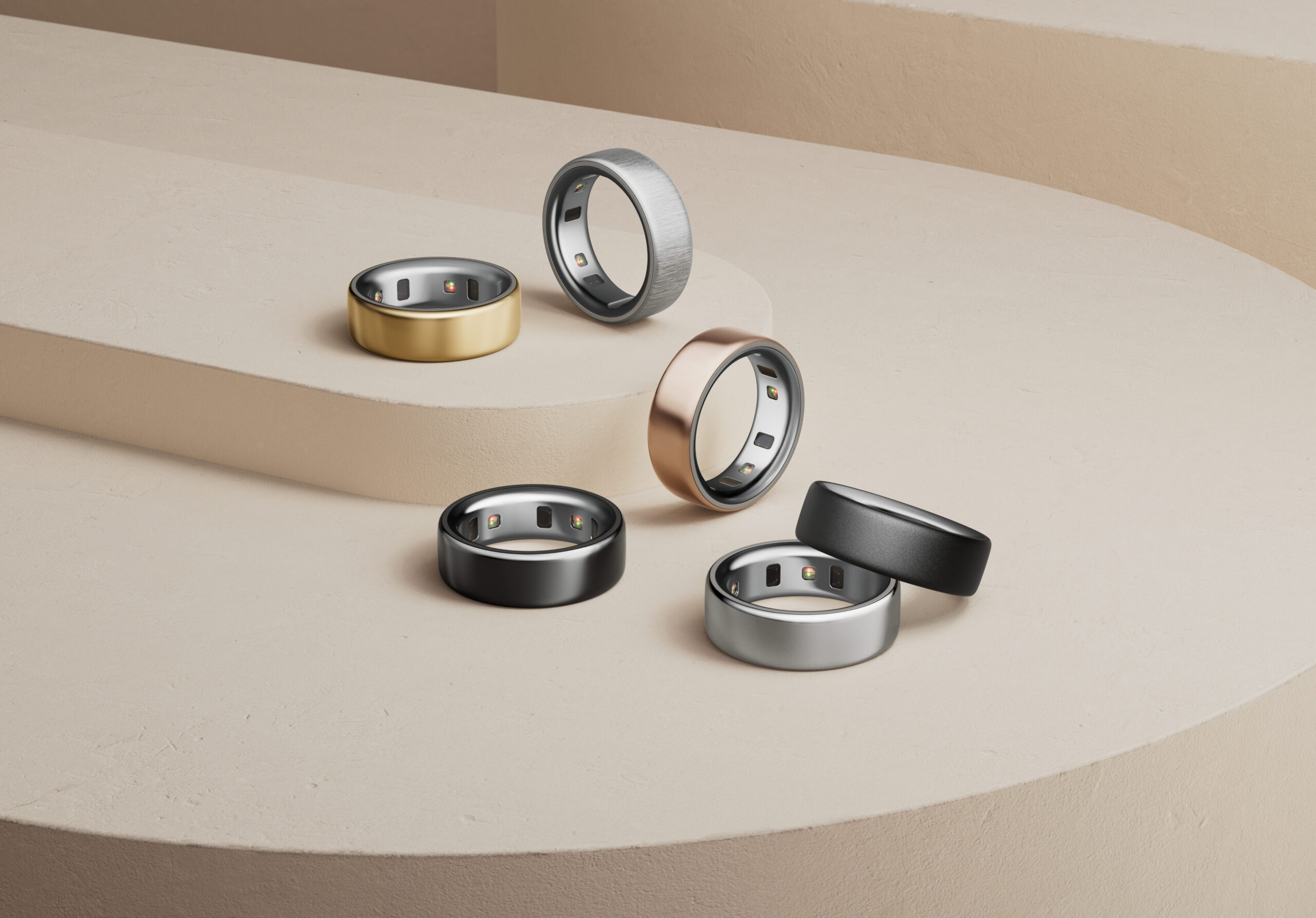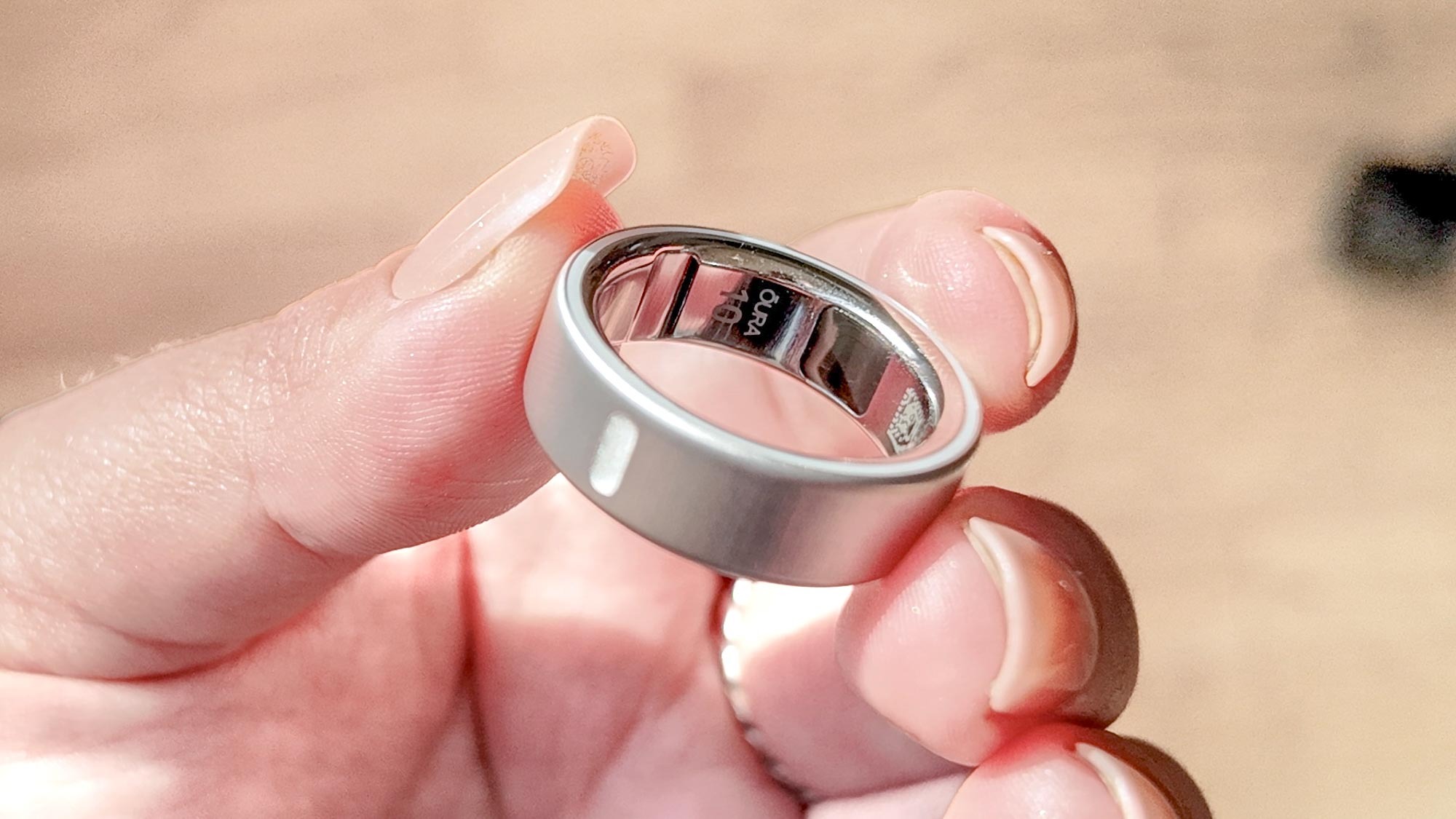New report on perimenopause highlights gaps in women’s health research

Most women don’t know what to expect during perimenopause. Smart ring maker Oura is stepping in to provide data and guidance.

Menopause is weird. If you’re a biological woman, you’re born with all the eggs you’ll ever have in your ovaries. By the time you hit fifty, all the eggs are gone. You stop getting periods. As your hormone levels change, you experience symptoms ranging from hot flashes to bone density loss. We don’t know much about it, because only humans and some whales experience it. There’s also a gap in research specific to women’s health .
A number of recent initiatives from both the public and private sectors are attempting to change this. Last year, First Lady Jill Biden launched the White House Women’s Health Research Initiative to help fill the gap in research into conditions like menopause. Apple is also doing its part: if you own an Apple Watch, you can opt to contribute your data to the Apple Women’s Health Study, designed to advance our understanding of menstrual cycles.
And just the day before yesterday, smart ring maker Oura announced its first-ever Perimenopause Report, which collects long-term data from 100,000 unidentified Oura ring users to help understand how perimenopause and menopause can affect daily life.

Uncertain changes in the body
One of the most significant findings of the Oura report is that sleep is greatly affected during perimenopause and postmenopause. Fatigue increases dramatically during perimenopause and early postmenopause. A hot flash can last between thirty seconds and ten minutes, and 69% of them are associated with awakenings during the night. As anyone who has cared for a baby can attest, repeatedly getting out of bed during the night can affect functioning the next day.
Acne, bloating, and migraines are some of the most common symptoms reported by Oura perimenopausal women. To me, the most concerning thing is that perimenopausal women have a 20-30% decrease in heart rate variability (HRV). High HRV means that the nervous system is responsive and resilient; you can cope with changing situations, do a lot of physical activity, and manage stress. A low HRV, on the other hand, is associated with a higher risk of cardiovascular events.
Information for the community
Even once you know you’re experiencing perimenopausal symptoms, it can be a little difficult to know what to do about it. Menopausal hormone therapy is a common, if controversial, option. But large-scale solutions, such as a person adjusting to health conditions, are a bit out of our control. Still, if you notice your sleep quality and HRV declining as you enter perimenopause, reducing the amount of alcohol and caffeine you consume or increasing regular cardiovascular activity may help.
As public and private organizations learn to harness the power of smart rings and other wearables , we can shed small rays of light on this very human condition. You don’t have to figure out how to get through it alone.




